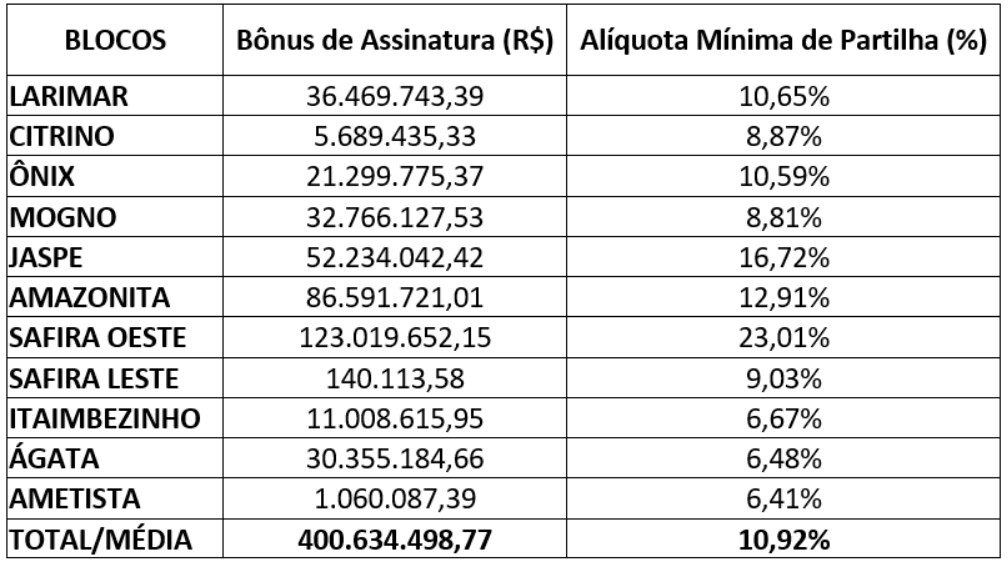
 Biofuels
Biofuels
T&B Petroleum/Press Office MME

The National Energy Policy Council (CNPE) approved on Tuesday (19/12) the advancement of the mandate for a 14% blend of biodiesel (B14) in diesel sold to consumers in Brazil to March 2024. The forecast was for this level to be reached only in 2025. The expectation is that, with this measure, the emission of five million tons of CO2 into the atmosphere will be avoided, in addition to a reduction of approximately R$ 7.2 billion in fossil diesel imports, as well as encouraging energy transition. B15, previously scheduled for 2026, will also be advanced to March 2025.
The 42nd ordinary meeting of the CNPE, chaired by Minister Alexandre Silveira, was held at the Ministry of Mines and Energy (MME) and again counted on the presence of President Lula, in addition to Vice President Geraldo Alckmin, State Ministers, and representatives from the country's energy, oil, and gas sectors who make up the council.
President Lula advocated for investments in biofuels as important allies for energy transition. "Brazil is capable of producing high-quality and more sustainable fuels. We must invest in energy transition and transform Brazil into an active and assertive country," said the President.
Minister of Mines and Energy, Alexandre Silveira, highlighted the benefits of the measure. "Today, we expanded the participation of biodiesel even more in our matrix. And this has three effects: first, it reduces our dependence on diesel oil imports. Second, it helps decarbonize, as the National Petroleum, Natural Gas and Biofuels Agency (ANP) has made significant progress in certifying the quality of biofuels. And third, and very importantly, it stimulates our national agriculture," said the minister, who presides over the CNPE.
With the growth in demand for biodiesel, it is estimated that about 14,000 jobs will be generated by 2024, in addition to increasing national energy security, with a reduction in imports of 2.4 billion liters of diesel A. The increase in raw material demand, especially for soybeans, will be 6 million tons of grain by 2025, when B15 will be adopted.
Biodiesel Import
CNPE also approved the temporary suspension of biodiesel imports, reversing a decision from the previous government. In addition, a Working Group was instituted to elaborate a Regulatory Impact Analysis (RIA) to assess the impacts of biodiesel imports and the Social Biofuel Seal. This measure aims to preserve national interests; protect consumer interests regarding price, quality, and product availability; promote free competition; enhance the country's competitiveness in the international market; increase the participation of biofuels in the energy matrix; and guarantee the supply of biofuels throughout the national territory in light of new conjunctural aspects of National Energy Policy.
"We also deliberated on the creation of a working group to study the impacts of imports approved by ANP. While the group does not conclude the studies, we remain with imports in the status quo, in today's state. And Brazil continues to defend local content, national biodiesel," defended Alexandre Silveira.
E30
The National Energy Policy Council (CNPE) approved the creation of a Working Group to study the technical feasibility of raising the percentage of ethanol in gasoline from 27.5% to 30% (E30). Only with this change, it is possible to increase the octane rating of gasoline C from 93 to 94, bringing Brazilian gasoline closer to high-octane gasoline (RON 95) recommended in the discussions of the Fuel of the Future, which contributes to the adoption of more efficient engines and greater energy-environmental efficiency.
The adoption of E30 is one of the axes foreseen in the Fuel of the Future Bill, presented by MME, which is under consideration in the National Congress. According to the productive sector, increasing the percentage of biofuel blending could contribute to the generation of a total of 51.6 thousand direct and indirect jobs and attract more than R$ 10 billion in investments in new ethanol production units.
Reducing greenhouse gas emissions (GHG) and reducing dependence on gasoline imports are other expected benefits for the 30% ethanol percentage. An annual reduction of 2.04 million tons of equivalent CO2 emissions is estimated, as well as the issuance of more than 1.47 million decarbonization credits (CBIOs). The impacts on fossil fuel imports represent a reduction in external dependence by 1.4 billion liters and a reduction of R$ 3.7 billion in expenditure on imports.
Pre-Salt Polygon: Inclusion of new blocks
During the CNPE meeting, the group approved the technical and economic parameters of 11 blocks for bidding under the production-sharing regime, in the Permanent Offer system.
The parameters for bidding on the Itaimbezinho, Amethyst, Agate, Mahogany, Jasper, Amazonite, East Sapphire, West Sapphire, Citrine, Larimar, and Onyx blocks provide for a total signing bonus of R$ 400.6 million and a minimum average sharing rate of 10.92%. These 11 blocks are located in the Pre-salt Polygon, in the Campos and Santos Basins, located in the states of São Paulo and Rio de Janeiro.


Contact us